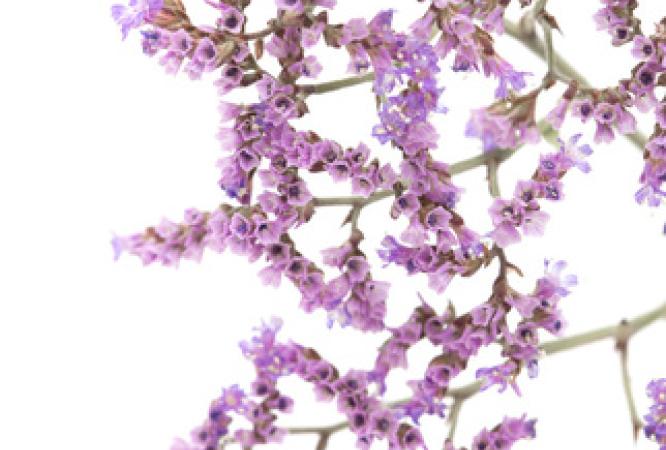Abstract:
To explore the possibility that saline wastewaters may be used to grow commercially acceptable floriculture crops, a study was initiated to determine the effects of salinity on two statice cultivars. Limonium perezii (Stapf) F. T. Hubb. 'Blue Seas' and L. sinuatun, (L.) Mill 'American Beauty' were grown in greenhouse sand cultures irrigated with waters prepared to simulate saline drainage waters typically present in the western San Joaquin Valle y (SJV) of California. Seven salinity treatments were imposed on 3-weekold seedlings. Electrical conductivities of the irrigation waters (EC) were 2.5 (control), 7, 11, 15, 20, 25, and 30 dSm. Vegetative shoots were sampled for biomass production and ion analysis ten weeks after application of stress. Flower stem numbers, length, and weight were determined at harvest. Stem length of L. perezii was significantly reduced when irrigation water salinity exceeded a threshold of 2.5 dSm'. Salt tolerance threshold based on stem length for L. sinuatum was 7 dS m'. The species exhibited significant differences in shoot-ion relations which appear to be related to differences in salt tolerance. Sodium, K*, Mg", and total-P were more strongly accumulated in the leaves of L. sinuatum than L. perezii. Both species accumulated Kin preference to Na', but selectivity for Kover Na was significantly higher in L. sinuatum than in the more salt-sensitive L. perezii. Chloride concentration in L. sinuatum leaves increased significantly as salinity increased, whereas the 20-fold increase in substrate-Cl had no effect on leaf-Cl in L. perezii. Both Limonium species completed their life cycles at salt concentrations exceeding 30 dSm, a character associated with halophytic plants. Maximum growth of each species, however, occurred under relatively low salt stress, and steadily declined as external salinity increased. Based on this crop productivity response, L. perezii should be rated as sensitive and L sinuatum as moderately tolerant.







